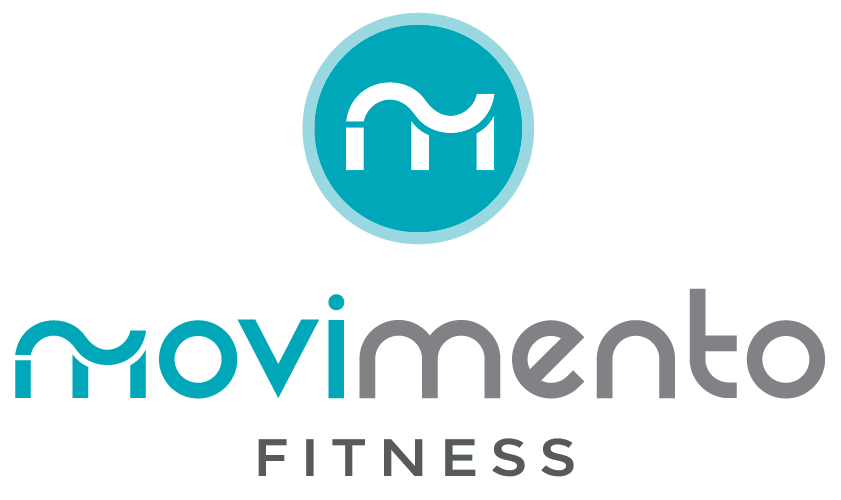[vc_row][vc_column][vc_column_text]Chances are that in some way or another you are either related to (or personally know/have heard) of someone who is affected by arthritis in some degree. Indeed, in Canada this debilitating disease affects millions of people, most notably as they age and move into retirement. For some, it strikes even earlier. But what is arthritis exactly? And how does exercise benefit those who have it, and likely delay its early onset? It is these questions and more that we seek to look at in today’s blog!
In general terms, arthritis refers to a disease that causes stiffness and pain in skeletal joints. Within this definition there exists over 100 different types of arthritis (which we won’t get into), but do know that it exists in many forms and affects all of us differently and in different parts of the body. Statistically, arthritis is reported by over 20% of males aged 55 to 64, and over a third of males aged 64 and up. For women in this the statistics are even more alarming: over 50% for those 64 and up, and over a third of all women aged 55 to 64. Some early warning signs of arthritis include swelling in joints, early morning stiffness, decreased range of joint motion, and unexplained weight loss. If any of these symptoms last longer than 2 weeks, it is recommended to see your doctor or a health professional.
With no known cure and aging putting you at risk, the real question remains: What can be done to treat or control this painful condition? Thankfully, the answer lies in exercise! While many physicians and fitness professionals may differ in their exact approach to arthritis, the consensus remains that regular, well-structured exercise programs are crucial to arthritis treatment. Contrary to past belief in which doctors would prescribe up to 12 hours of bed rest for those diagnosed, the medical community has since realized that too much rest ultimately makes arthritis worse, not better. Who would have thought! Numerous studies have shown that exercise can improve strength, build stamina, and increase the capacity of joints to move freely through their correct range of motion. In addition, regular exercise enables those with arthritis to reduce their need for anti-inflammatory drugs saving them money and trips to the pharmacy. Lastly, exercise will almost always have a positive effect on the mindset of individuals who have arthritis. By providing renewed levels of energy, control over one’s circumstances, and a sense of hope for the future, exercise can help diminish those negative feelings and hopelessness often associated with the disease.
How do we get started with trying to help control arthritis and what do we do? For starters, consulting with your physician and Movimento Trainer is often recommended in both diagnosing and prescribing what needs to be done both nutritionally and exercise wise. Second, setting up a meeting/line of communication with Movimento is key in developing your exercise program tailored to your personal situation and goals. In this way, you are able to relay updated information/injury updates as you go along, and we are able to provide a solution in programming/nutrition recommendations. In general, your exercise program needs three major components: Strength training exercises, Full range of motion exercises (flexibility), and aerobic training (cardio work/heart health). From there, getting sufficient rest between your exercise sessions is key (i.e. 7-8 hours of sleep) so that your muscles and joints are able to recover is very important. And through it all, sticking to your workout schedule! Consistency as time goes on allows your body to operate at the best capacity it can, and get those joints adapting to a new level of responsibility for your body.
Above all, listen to your body and approach with an open mind! And even for those of us who don’t have arthritis, remember this: recent evidence indicates that structured exercise can help reduce the likelihood that arthritis will develop, even at earlier ages. Most of can agree that getting ahead of the game in all aspects of life is preferred to reacting, and with arthritis this is no exception. So, go ahead, get a jumpstart on those muscles and joints! They will definitely thank you later.
[/vc_column_text][/vc_column][/vc_row]


